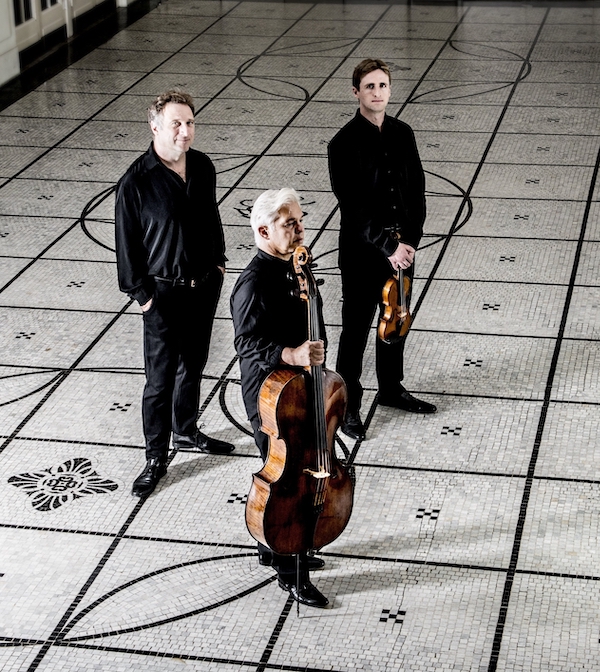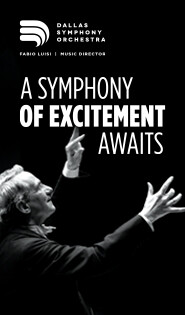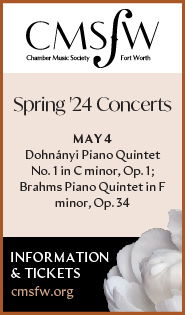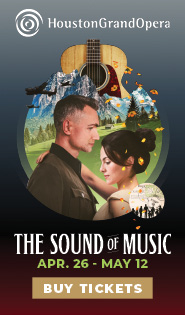Vienna Piano Trio’s reticence underserves the music

The Vienna Piano Trio showed Thursday that it’s possible to take refinement too far.
The group brought polish and deftness to Joseph Haydn’s Trio in E minor, Hob. XV:12, which opened its Chamber Music Houston concert in Rice University’s Stude Concert Hall. But the players gave the music such kid-gloves treatment that Haydn’s brooding, sweetness and exuberance barely came across.
Yes, the group’s deft playing and muted tone captured the pensiveness of the trio’s opening melody. As the music unfolded, though, the musicians (violinist David McCarroll, cellist Clemens Hagen and pianist Stefan Mendl) shortchanged the rising turbulence that propels the first movement.
The three gravitated toward reining the music in, taking it to even softer levels. Their mannerism of slowing the tempo a bit when they grew quieter undercut the music’s momentum.
Even though the piano part’s flareups help fuel the movement’s passions, it often sounded as if Mendl was treading lightly to avoid overmatching his colleagues. Yet they didn’t necessarily need the deference: McCarroll’s occasional dashes of full, rich tone supplied some of the few moments in which Haydn’s lyricism took on urgency. When the group occasionally dug in for the big moments, it was too little, too late.
The Andante sounded reserved as well. The players handled its lyricism neatly enough, but they missed the music’s charm and feeling–especially at the start, where the piano’s melody and the strings’ pizzicato accompaniment can conjure up the magic of a serenade. The group tossed off the final Presto nimbly, and cellist Hagen had a particular flair for playing very lightly but distinctly. Yet Mendl, as in the first movement, usually shied away from digging into the piano part. So the group stopped short of Haydn’s famously rambunctious brand of fun.
In Maurice Ravel’s Trio in A minor, the players also leaned toward delicacy, especially in the mercurial first movement and the meditative “Passacaille.” Here Violinist McCarroll and cellist Hagen spun out Ravel’s melodies in lean, supple lines; McCarroll’s warmth lent particular soulfulness to a key passage in the “Passacaille.” But Mendl made the first movement’s swirls and murmurs sound thin rather than limpid, and his pale tone and tinges of blurriness often left the “Passacaille” seeming static, not stately.
While the three launched into the “Pantoum” vigorously, their safe-side tempo kept it from taking wing. Nor did the group quite capture the finale’s electricity, even though they gave it fitful energy and impact.
Beethoven’s Trio in B-flat major, Op. 97–the beloved “Archduke”–was much the same story as the Haydn trio.
Amid the lyricism of the first movement and slow movement, the players aimed more toward delicacy and whispering than glow; Beethoven’s big-heartedness fell by the wayside.
When the score demanded an accent or burst of emphasis, the group often undercut it with another mannerism: a split-second hesitation that put a hiccup in the music’s flow.
The Scherzo began with a nice spring in its step, thanks to the group’s crispness, but the players lost the momentum amid the middle section’s sinuous lines. And while the payers lent a lusty energy to the finale’s main theme, pianist Mendl didn’t quite muster the dash and lightning-quick definition that would have let the final pages exude high spirits.
Chamber Music Houston presents the Pavel Haas Quartet in works by Beethoven, Tchaikovsky and L’ubica Čekovská at 7:30 p.m. March 17 in Rice University’s Stude Concert Hall. chambermusichouston.org; 713-348-5400.



Posted Feb 29, 2020 at 4:38 pm by Elizabeth
Cannot agree with your negative opinion.